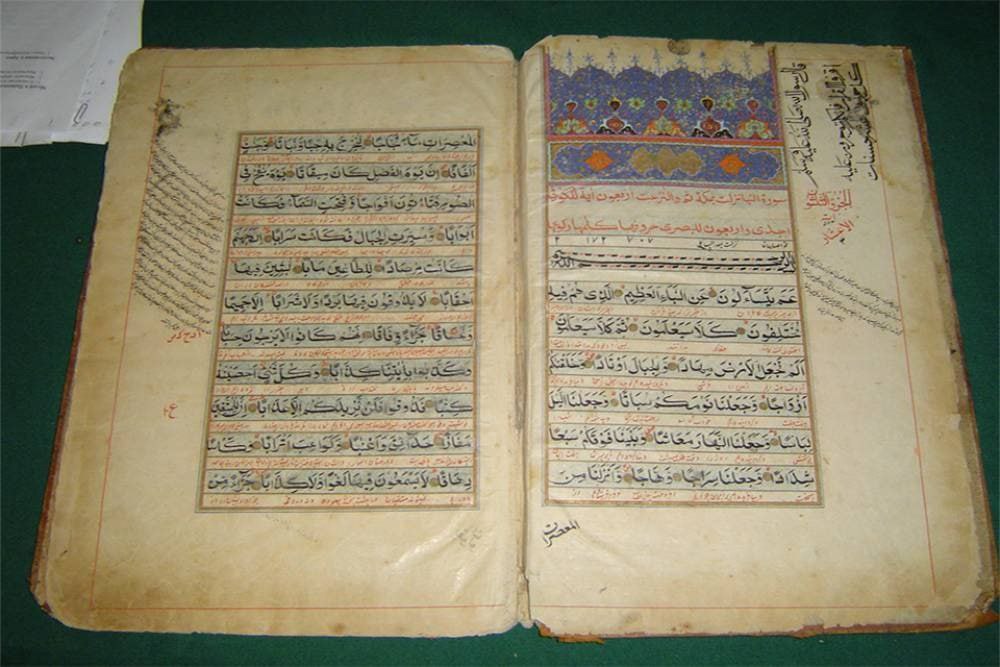A scholar who left a profound mark on the history of Islam and Sufism

Among the great figures who hold a special place in the spiritual heritage of Islam, the philosophy of Sufism, and the advancement of knowledge, Khoja Muhammad Porso occupies a distinguished position. He was recognized not only as a prominent leader of the Naqshbandiyya order but also as one of the major intellectuals and scholars of his time.
Khoja Muhammad Porso was born in Bukhara, where he thoroughly studied Islamic sciences such as the Qur’an, hadith, and kalam. As one of the most beloved disciples of Khoja Bahauddin Naqshband, he matured under his guidance. From his master, he received the title Porso a term symbolizing asceticism, purity, and piety.
As the second successor (khalifa) of the Naqshbandiyya order, he fulfilled the mission of spiritual guidance for many years, actively spreading Sufi teachings and engaging in religious and educational activities. His dedication to knowledge was so immense that more than 20 manuscript works attributed to him are preserved in the Institute of Oriental Studies.
He performed the pilgrimage (hajj) twice. During his last journey, he fell ill and passed away in Madinah, where he was buried beside the mausoleum of the Commander of the Faithful, al-‘Abbas.
His works continue to serve as vital sources in defining the balance between Shari‘a and Sufi practice, as well as in affirming the principles of Ahl al-Sunna wa’l-Jama‘a.
The “Muhammad Porso media project”, being carried out by the Center of Islamic Civilization, aims to introduce this great scholar’s rich spiritual legacy to the people, inspire reverence for him in the hearts of the younger generation, and further promote spiritual education based on Sufi teachings.
Most read

Over 100 experts from more than 20 countries of the world are in Tashkent!

President of Serbia Aleksandar Vučić visited the Islamic Civilization Center in Uzbekistan

The Center for Islamic Civilization – a global platform leading towards enlightenment











